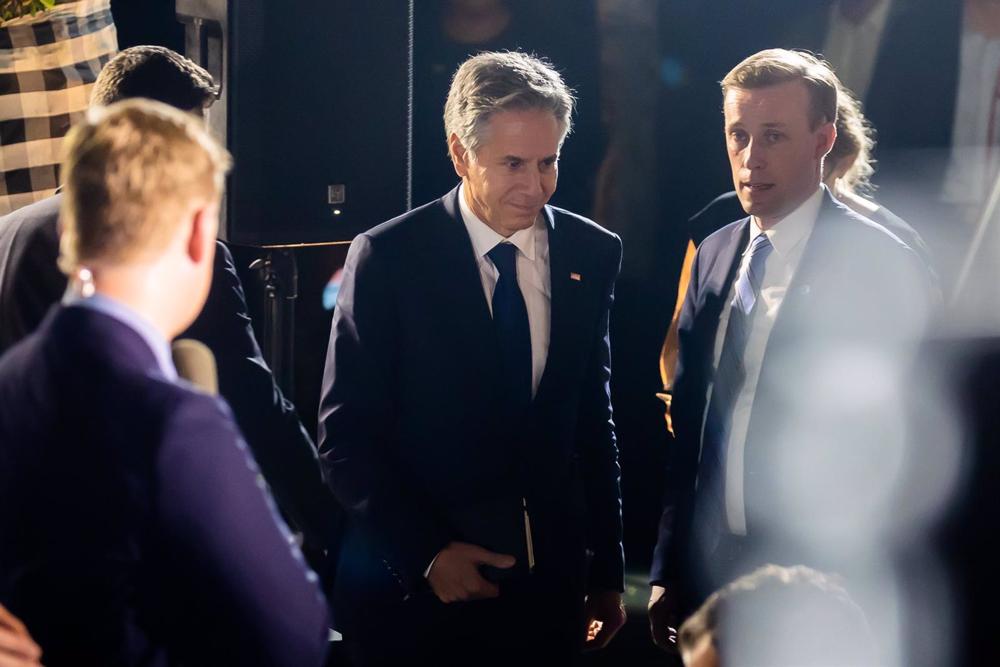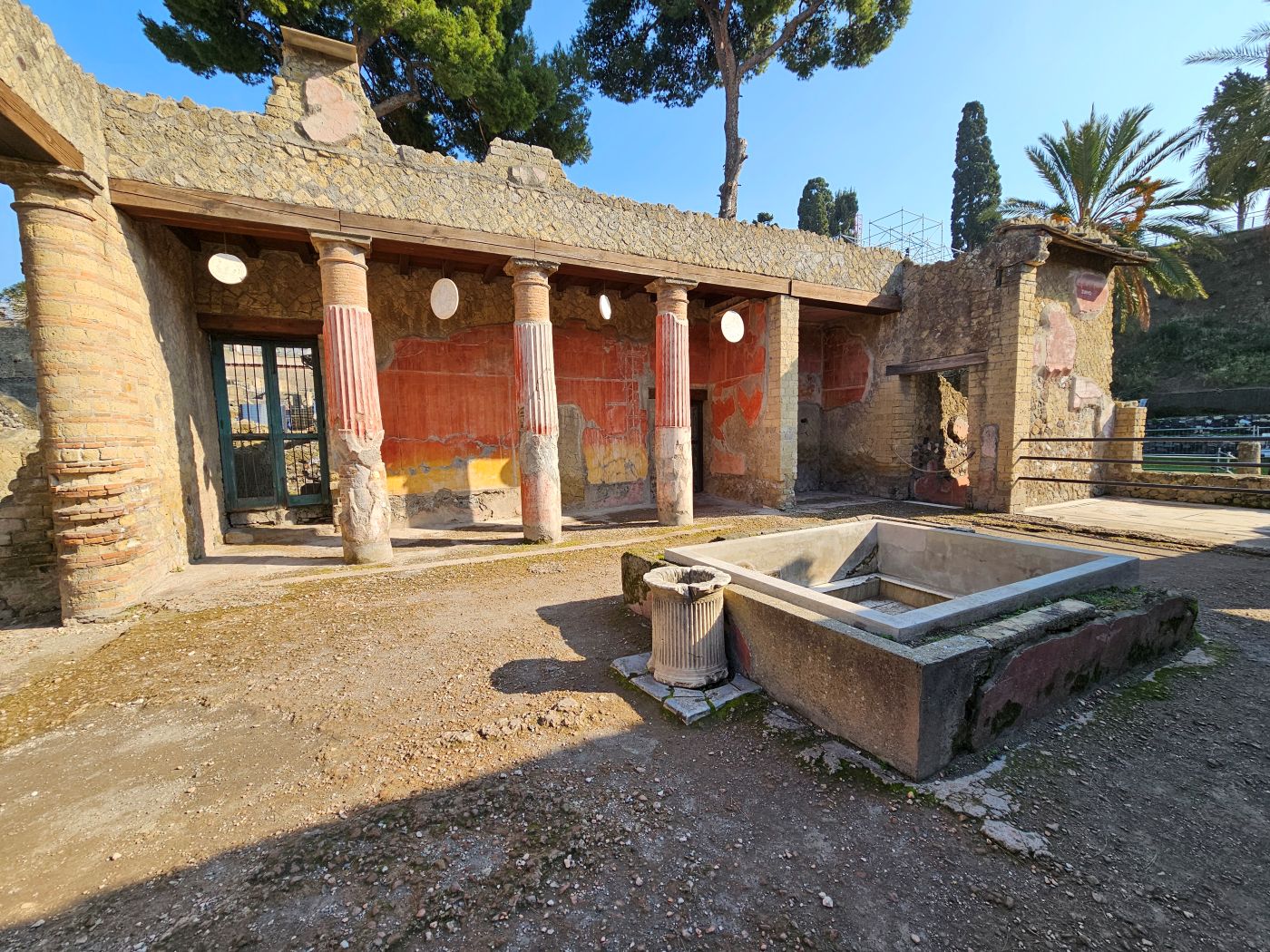
The U.S. State Department on Wednesday praised the agreement reached between Kosovo and Serbia that ends the crisis over the controversial rule of imposing Kosovar license plates on Serbian communities.
«We commend the agreement of the two countries to focus fully and urgently on the normalization of relations under the auspices of the dialogue facilitated by the European Union,» said the spokesman for the office headed by Antony Blinken, Ned Price, according to a press release.
In this sense, Price «welcomed» the agreement between Kosovo and Serbia, since it includes measures «to avoid a further escalation of tensions».
«We support the dialogue facilitated by the EU as the best way forward for the European future of Serbia and Kosovo,» added the U.S. spokesman, who welcomed the fact that both «parties put the interests of the people first».
Thus, he praised the Kosovar and Serbian political representatives for having taken decisions «to improve the daily lives of their citizens».
«The two sides took a major step forward today (…) to ensure peace and stability throughout the region. The United States applauds the constructive negotiations and encourages further progress toward normalization of relations,» the statement wields.
The High Representative of the European Union for Foreign Policy, Josep Borrell, announced on Wednesday the agreement between Kosovo and Serbia, by which the latter will stop issuing license plates with the denominations of the Kosovo cities, while the opposite will stop re-registering vehicles.
In this regard, the head of European diplomacy reported that the EU will invite «in the coming days» the parties to discuss the next steps towards a full normalization of diplomatic relations.
Following this, the deputy prime minister of Kosovo, Besnik Bislim, expressed on his Twitter profile that, regardless of the agreement, «intensive» talks should continue within the framework of the EU proposal, supported by Germany and France.
Serbia and Kosovo ended Monday without agreement at a high-level meeting organized in Brussels, after Pristina had rejected a proposal of the European Union to achieve a rapprochement. For weeks, European diplomacy has been asking Pristina to show flexibility with the rule and to commit itself to the creation of a community of Kosovo Serb municipalities, agreed in the Brussels Dialogue, while Belgrade demanded the return of the Kosovo Serbs to the institutions after their block resignation from positions as deputies, mayors and civil servants in all fields.






